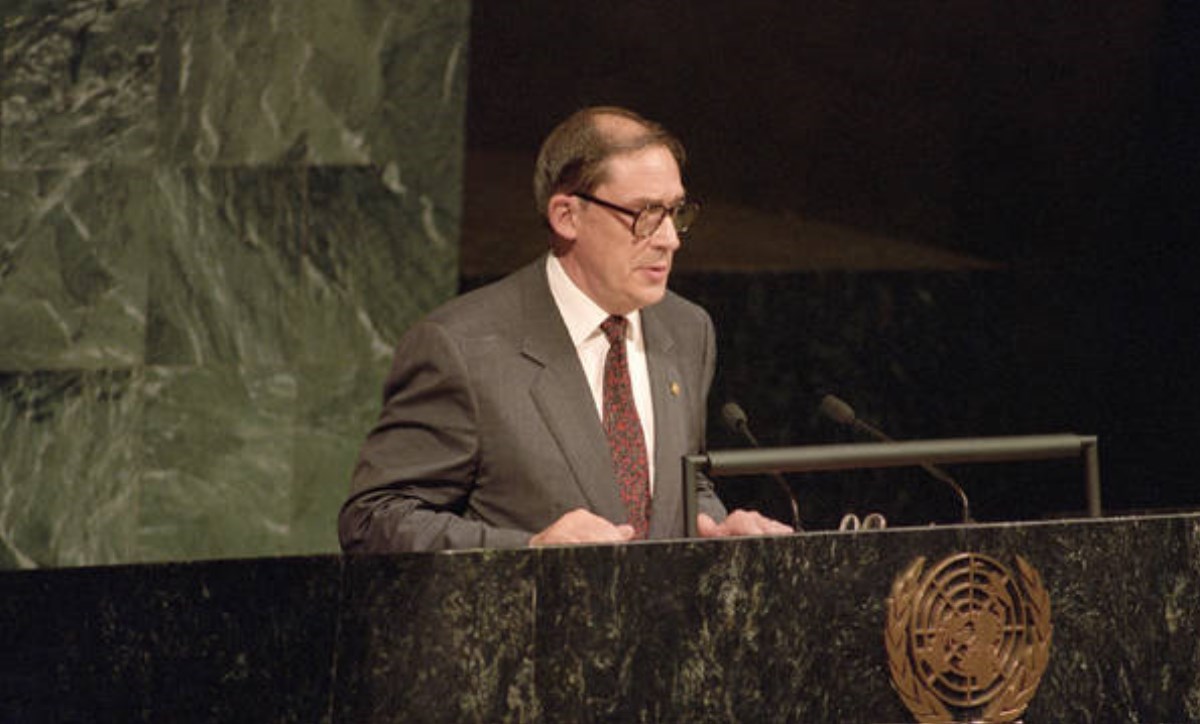Projects

With the approval of the 1993 Constitution, Andorra not only becomes a democratic state, with substantial domestic transformations. At the same time, it becomes a new international actor, a new state in the concert of nations. Four events that occurred in that same year, 1993, clearly symbolize this reality: Articles 64, 65, and 72.2 of the Constitution, which establish the General Council and the Government (and no longer the Co-Princes) as responsible for foreign policy; the appointment of Antoni Armengol Aleix as the first Minister of Foreign Affairs; the signing of the Treaty of Good Neighborliness, Friendship, and Cooperation between Andorra, France, and Spain; and, above all, its entry into the United Nations, which simultaneously signifies the culmination of the country's international recognition and the beginning of its journey in international relations.
Once the Principality of Andorra was consolidated as a normalized actor in the so-called international society, it is an interesting time to analyze the foreign policy practiced by Andorra. To do this, we will focus primarily on how foreign relations were practiced before 1993, then analyze how foreign policy is structured and exercised in constitutional Andorra, and finally seek to clarify in what specific and practical ways international relations have affected the evolution of Andorran society and economy. All of this will culminate in a publication and various outreach events.

 Yvan Lara
Yvan Lara Albert Villaró
Albert Villaró Patrícia Bragança
Patrícia Bragança